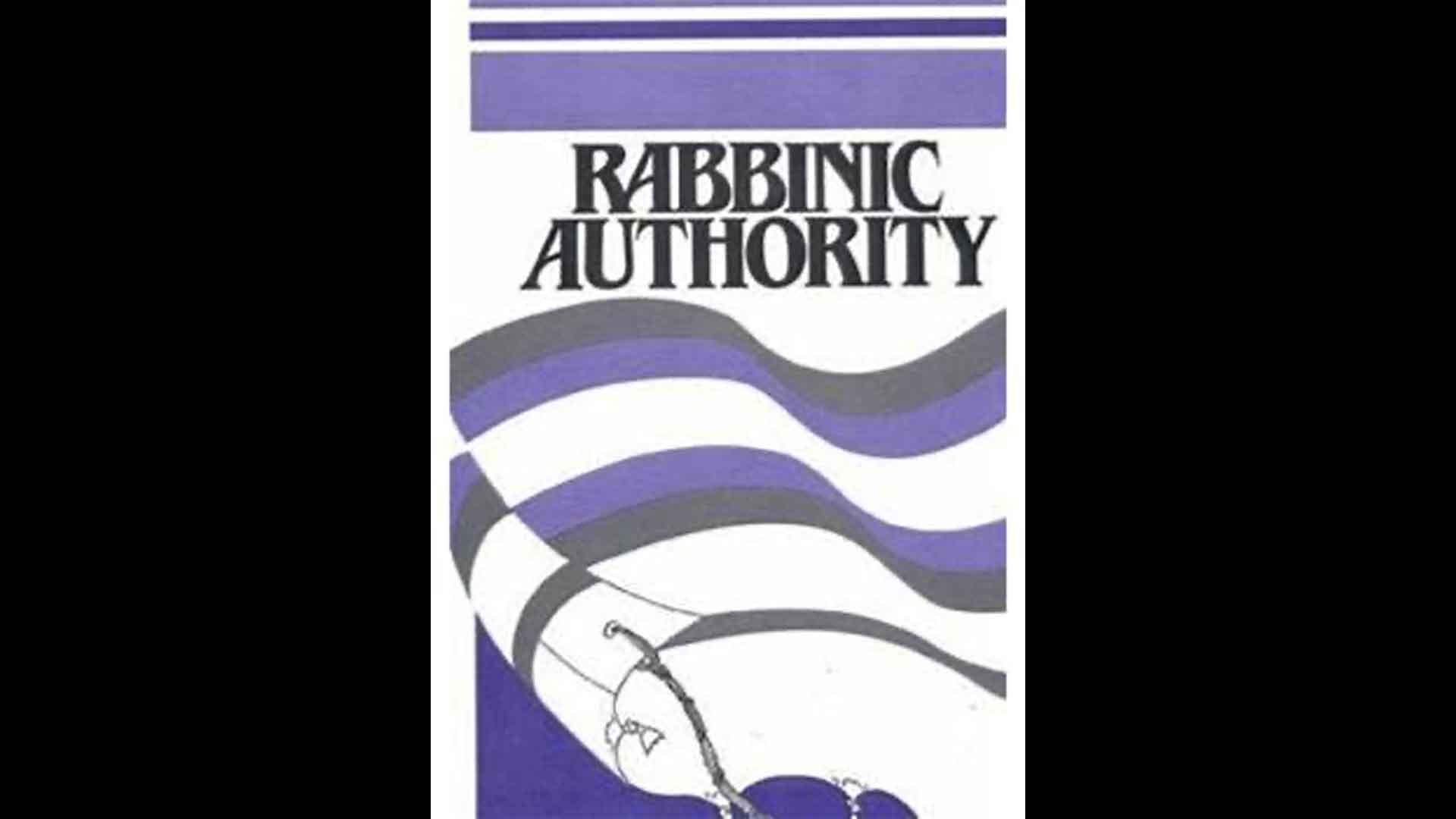For the source text click/tap here: Bava Kamma 41
To download, click/tap here: PDF
One of the most common words in the Hebrew language cannot be translated into English. The word et introduces many words in the Torah, and according to many of the Sages, we can use it as a source to learn new laws.
One such case is shor ha-niskal where someone’s ox gores and kills another person. As we saw on yesterday’s daf , in that case the Torah teaches that the ox is stoned and its meat cannot be eaten. The passage that says that its meat cannot be eaten – v’lo ye’akhel et besaro – is understood by the Gemara to teach us prohibitions against eating its meat, as well as deriving benefit from its meat. According to some opinions in the Gemara, the word et is understood to teach that the animal’s skin also cannot be used; according to others we must learn this from elsewhere in the passage, since they do not believe that the word et can be used to teach halakhot.
These positions are found in a baraita that brings the teachings of Shimon (some say Nehemia) ha-Amasoni, who was known to learn halakhot from every et that appeared in the Torah. When he reached the passage of et ha-Shem Elokekha tira (Devarim 10:20), which teaches that you should be in awe of God, he could not think of an appropriate thing to learn from the word et, and he stopped making such derashot.
We look at the notion of rabbinic authority and tradition.

